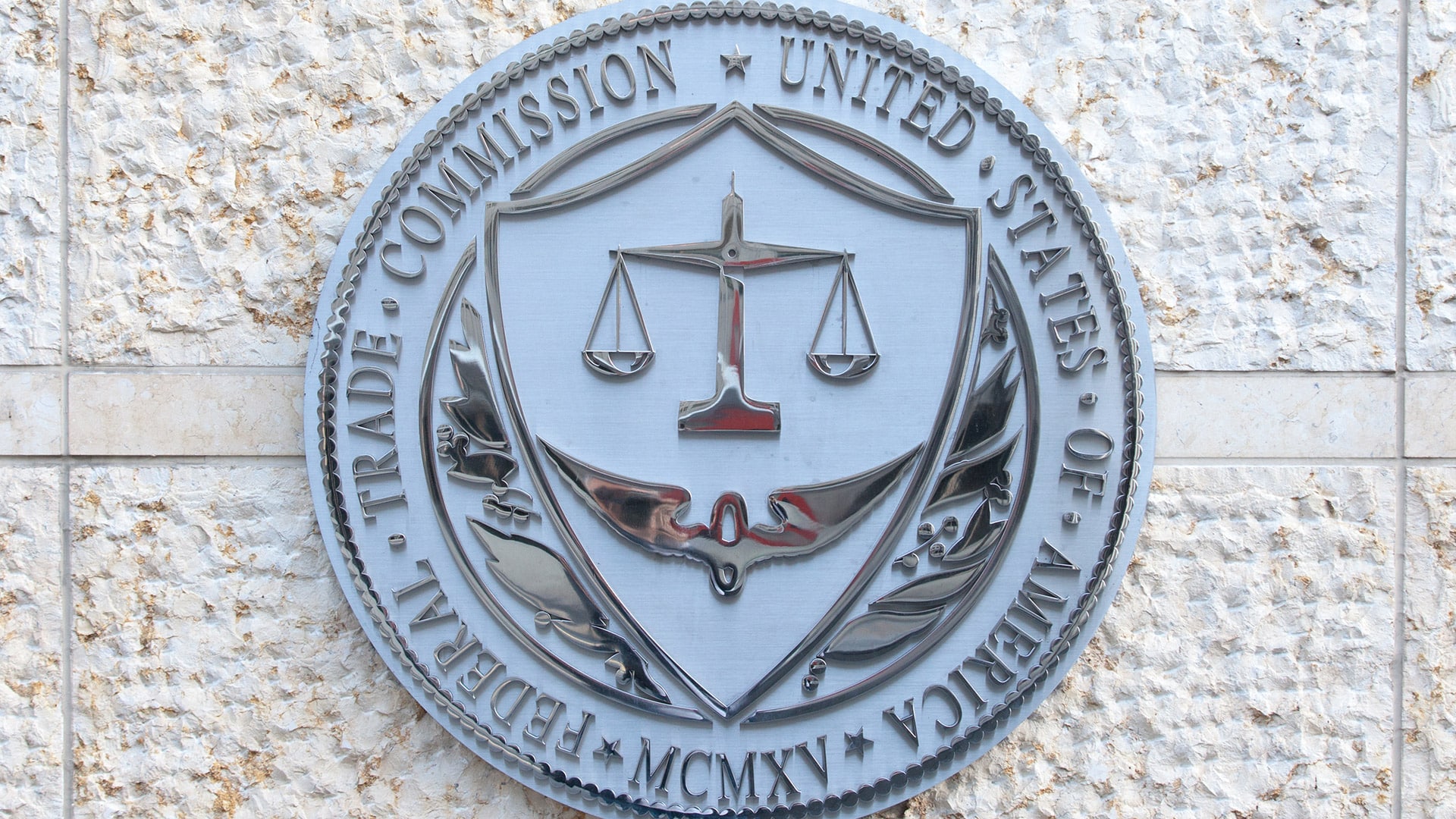“Ringless voicemails” are messages left in a consumer’s mailbox without ringing their cell phone.
The Telephone Consumer Protection Act protects consumers from unwanted robocalls. The TCPA, in pertinent part, prohibits making any non-emergency call using an automatic telephone dialing system or an artificial or prerecorded voice to a wireless telephone number without the prior express consent of the called party.
On November 21, 2012 the Federal Communications Commission issued a unanimous Declaratory Ruling and Order finding that “ringless voicemails” to wireless telephones require consumer prior express consent because they are “calls” made using an artificial or prerecorded voice and therefore covered by the Telephone Consumer Protection Act. The FCC found that RVM are subject to robocalling restrictions. Whether the technology used to send RVM is an automatic telephone dialing system may now be moot.
“Imagine finding robocallers leaving junk voicemails on your phone without it ever having rung. It’s annoying and it’s happening to too many of us. Today we’re taking action to ensure these deceptive practices don’t find a way around our robocall rules and into consumers’ inboxes,” said FCC Chairwoman Jessica Rosenworcel.
The Declaratory Ruling and Order denies a petition filed by All About the Message, LLC, which asked the Commission to find that delivery of a message directly to a consumer’s cell phone voicemail is not a call protected by the TCPA. The FCC acted on its own motion after the petitioner and two other similar petitions sought to withdraw their requests for clarification after the FCC sought public comment and received overwhelming negative reaction from commenters.
The FCC has also received dozens consumer complaints annually related to ringless voicemail.
The FCC noted, “Congress intended the TCPA to protect consumers from the nuisance and invasion of privacy caused by such artificial or prerecorded voice messages. To complete a ‘ringless robocall,’ the originator of the call must direct the call to the voicemail associated with the wireless phone number … we find that the inclusion of additional information along with the wireless telephone number to route the call does not remove a consumer’s rights under the TCPA because ‘the effect on the recipient is identical. To do so would elevate form over function and is inconsistent with both the text and purpose of the TCPA.”
The ruling went into effect upon release of the decision.
Takeaway: The FCC has clarified that RVM is a form of robocall and is illegal if the caller did not have the consumer’s prior express consent. Violations can be enforced by the FCC or the consumer can sue in court.
Richard B. Newman is an FTC lawyer at Hinch Newman LLP.
Informational purposes only. Not legal advice. May be considered attorney advertising.











